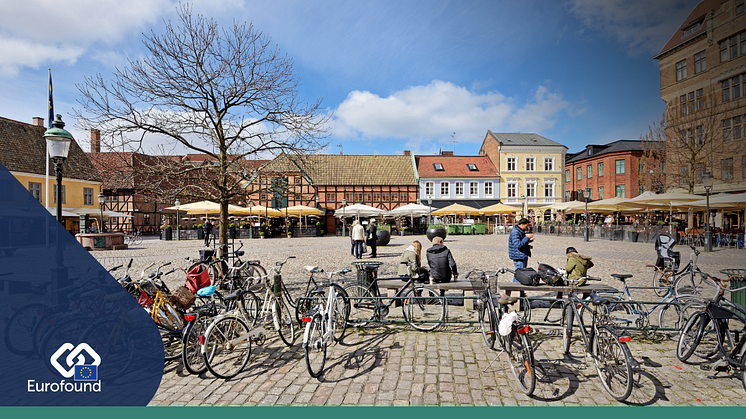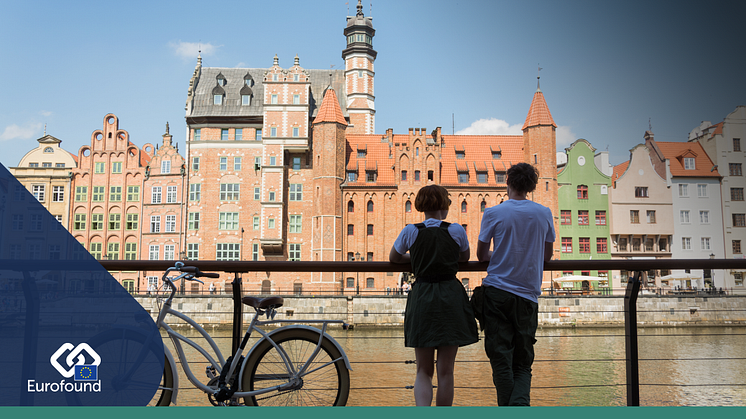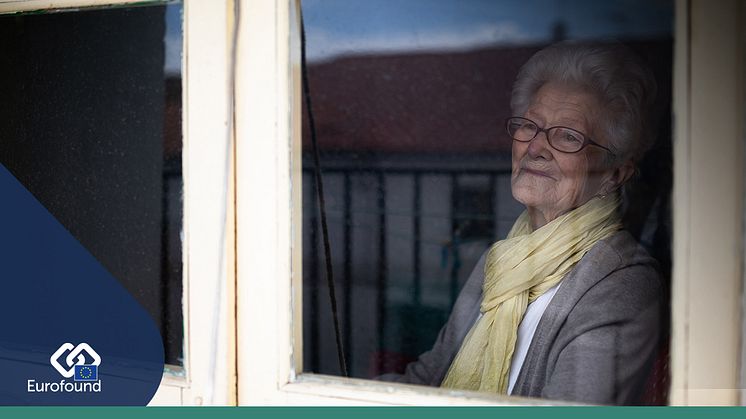High level of social optimism in Malta
Malta has the third highest degree of social optimism across the EU. According to the Social Optimism Index, developed by Eurofound, the country scores 0.424, just behind Ireland and Denmark (0.687 and 0.582 respectively), whereas Greece and France (-0.650 and -0.262) can be found on the opposite side of the Index.
Social optimism refers to a general expectation that social issues will turn out




















